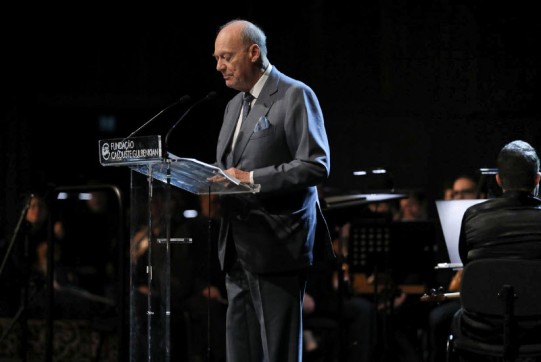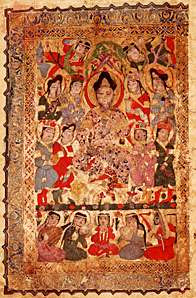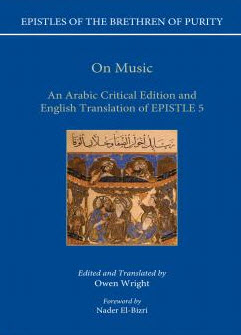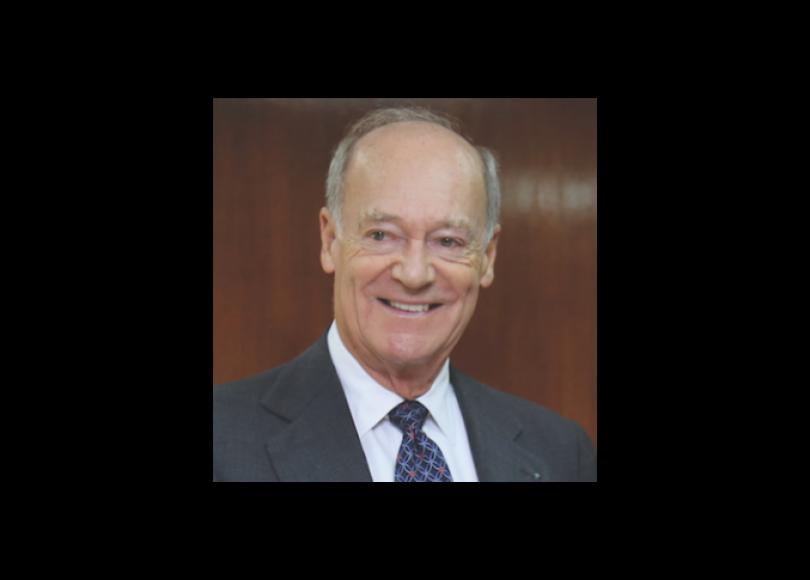“Music has always been an art of special importance to me: Its power of communication is special, enormous and universal; it binds people together and unites them….At a time when strengthening tolerance and pluralism has become an acute worldwide priority, music is one of the arts which offers a medium for reaching, involving and uniting global audiences by engendering emotions which we all share as human beings.”
Prince Amyn
Lisbon, Portugal, March 29, 2019
Speech

In pre-Islamic Arabia, the oldest and simplest type of melodic rhythm, the huda, broke the silence of the desert, enchanting the lonely traveller. Other simple genres emerged, such as songs performed during the watering of animals, and other daily chores. Among the more musically developed forms were the variety of communal songs and dances at family celebrations, pilgrimages to holy shrines, and social evenings.
The oral recitation of poetry was the mark of artistic achievement. At the time, the common form of poetry was the qasida – a long monorhyme (aa, ba, ca) in praise of someone. The form of poetry was also used for preaching morals and subsequently to praise God and honour the Prophet and his family. An important aspect was the growing awareness of the potential expressiveness of the human voice, which was considered a reflection of the human soul’s mysteries and feelings. Instruments, then, were believed to have been created to enrich vocal music.
The high status enjoyed by musicians brought about the increased importance of musical activity, which consequently started to develop its own means of expression, evolving into more refined and sophisticated musical features.
For the first three centuries after the emergence of Islam, the Hijaz (west of present-day Saudi Arabia along the Red Sea), and specifically Medina, was considered the musical centre with the most talented male and female singers throughout the Arabian empire. Under the Umayyad caliphate (661–750) the classical style of Islamic music developed further at their capital, Damascus (in modern-day Syria), and the courts were thronged with male and female musicians. The singers from the Hijaz remained influential for several generations until the onset of the Abbasid era (750-1258).
As Islam spread, the music of the community became entwined with the musical traditions of the conquered lands. The elite, who were enriched by the influx of wealth, sought amusement that was best expressed in music and song. The migrants brought their art and music with them, thereby influencing the cultures of the local peoples. As long as it did not contradict with Islamic teaching, the Arabs assimilated the new artistic forms creating unique styles.
The prominent singers of Mecca and Medina established a school of singing that lasted for more than a century (Touma, The Music of the Arabs p 7). Many women had respectable careers as musicians and singers. Koskoff reports that in “Fatimid times, there seems to have been self-employed female singers, who lived in respectable districts, sang at private parties.” (Touma, The Music of the Arabs p 72).
The bulk of the information on music and musicians of this period comes from the monumental work Kitab al-aghani (Book of Songs) by the historian and poet Abu’l-Faradj al-Isfahani (d.967). The Book of Songs, one of the most celebrated works in Arabic literature, contains a collection of poems from the pre-Islamic period to the ninth century, all of which had been set to music and includes biographical details about authors, composers, singers, and writers of music.

Greek and Arabic literature refer to the healing of patients with music played on lyres and aulos. The Ikhwan al-Safa (Brethren of Purity), a brotherhood that flourished in Basra, in Iraq, in the second half of the tenth century, wrote an encyclopedic work (Rasa’il) of fifty-two epistles dealing with sciences and philosophy. The section on music focuses on harmony, emphasising that music reflects the harmonious beauty of the universe. Similarly, said the Ikhwan, the proper use of music at the right time has a healing influence on the body. The Ikhwan devoted a special section to the making and tuning of instruments.

Ibn Hindu (d. 1019), in his encyclopedia, Mitfah al-tibb (The Key to Medicine), acknowledges the healing qualities of music for some ailments so long as the services of professional musicians are employed. In his monumental work Qanun fi’l-tibb (Canon of Medicine), which was a standard medical textbook in Europe until the seventeenth century, Ibn Sina (d. 1037) wrote about the musical nature of the pulse, and discussed a special relationship between music and medicine that recurs in Arabic and European texts as late as the nineteenth century. Shiloah states that “from about the fifteenth century on, the theory of music therapy held a prominent place in literature about music” (Shiloah, Music in the World of Islam p 52).
The introduction of new instruments and new techniques of playing altered the forms of interaction between a singer and the traditional instruments. The concept of a concert performed on stage by a large ensemble changed the intimate relationship between the musicians and the audience that had prevailed. These new conditions, and the need to keep pace with technological progress, led to electronic means of amplification. In turn, the singer no longer relied solely on the power of the voice.
Sources:
Ahmet T. Karamustafa. “Muslim Literature in Persian and Turkish.” The Muslim Almanac, Edited by Azim A. Nanji
Amnon Shiloah, Music in the World of Islam, Wayne State University Press, Detroit, 1995
Ellen Koskoff, Women and Music in Cross-Cultural Perspective, Greenwood Press Inc, Westport, 1987
Habib Hassan Touma, The Music of the Arabs, Edited by Reinhard G. Pauly, Amadeus Press, Portland Oregon, 1996
Henry George Farmer, A History of Arabian Music to the XIIIth Century, Luzac & Co. London, 1929
The Ikwan al-Safa and their Rasa’il: An Introduction Edited by Nader Al-Bizri, Oxford University Press, New York, 2008
